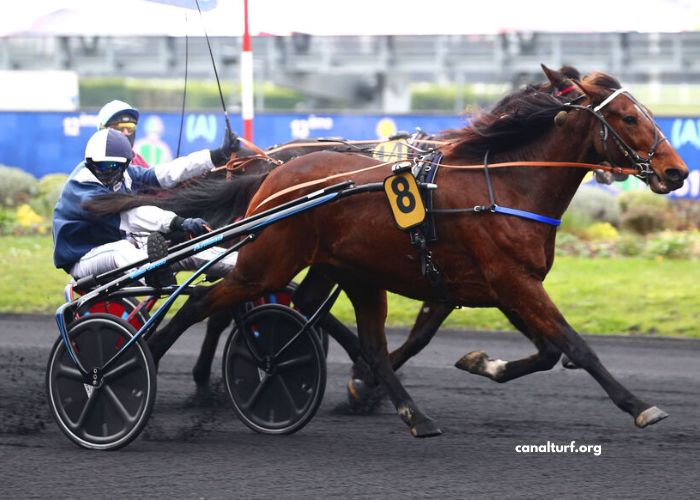In the modern world, where sedentary lifestyles and fast-paced routines have become the norm, the pursuit of peak health and fitness performance has taken on a paramount significance. A healthy and fit body not only enhances physical capabilities but also contributes to mental well-being, longevity, and overall quality of life. Mastering your body requires a comprehensive approach that includes exercise, nutrition, sleep, and mindset. In this article, we will delve into each of these aspects, exploring the strategies and practices that can guide you on your journey to achieving peak health and fitness performance.
The Foundation: Exercise
Exercise is the cornerstone of achieving peak health and fitness performance. It encompasses a wide range of physical activities that challenge different aspects of your body’s capabilities. Regular exercise offers a myriad of benefits, including improved cardiovascular health, increased muscle strength, enhanced flexibility, and mental clarity. To master your body through exercise, consider the following guidelines:
- Variety and Consistency: Incorporate a mix of aerobic exercises (like running, cycling, or swimming), strength training, and flexibility exercises (such as yoga or Pilates) into your routine. Consistency is key – aim for at least 150 minutes of moderate-intensity aerobic activity or 75 minutes of vigorous-intensity activity per week, along with muscle-strengthening activities on two or more days.
- Progressive Overload: To continuously challenge your body and make progress, employ the principle of progressive overload. Gradually increase the intensity, duration, or complexity of your exercises over time. This can prevent plateaus and keep your body adapting positively.
- Functional Fitness: Focus on exercises that mimic real-life movements and improve your functional fitness. Compound exercises like squats, deadlifts, and overhead presses engage multiple muscle groups and promote better overall coordination and strength.
- Listen to Your Body: While pushing your limits is important, it’s equally crucial to listen to your body. Pay attention to signals of fatigue, pain, or discomfort. Overtraining can lead to injuries and setbacks, so ensure you balance challenging workouts with adequate rest and recovery.
Fueling Excellence: Nutrition
Proper nutrition plays a pivotal role in achieving peak health and fitness performance. The food you consume provides the energy and nutrients necessary for optimal physical and mental functioning. A balanced diet supports muscle growth, recovery, and overall vitality. Here are some nutritional strategies to consider:
- Macronutrient Balance: Focus on a well-rounded diet that includes a balance of macronutrients – carbohydrates, proteins, and fats. Carbohydrates provide energy, proteins support muscle repair and growth, and healthy fats contribute to hormone production and overall well-being.
- Whole Foods: Prioritize whole, nutrient-dense foods such as fruits, vegetables, lean proteins, whole grains, nuts, and seeds. These foods provide essential vitamins, minerals, and antioxidants that support your body’s functions.
- Hydration: Proper hydration is essential for maintaining performance and preventing dehydration. Drink water regularly throughout the day, especially before, during, and after exercise.
- Meal Timing: Fuel your body with regular meals and snacks throughout the day to maintain a steady supply of energy. Consider consuming a combination of carbohydrates and protein after workouts to aid in muscle recovery.
- Supplementation: While whole foods should be your primary source of nutrients, supplements can complement your diet when necessary. Consult a healthcare professional before adding supplements to your routine.
Rest and Recovery: The Building Blocks of Progress
Rest and recovery are often overlooked aspects of achieving peak health and fitness performance. Your body requires time to repair and adapt to the stresses placed upon it during exercise. Without adequate recovery, you risk overtraining, fatigue, and reduced performance. Here’s how to optimize your rest and recovery:
- Quality Sleep: Sleep is when your body regenerates and repairs itself. Aim for 7-9 hours of quality sleep per night. Create a sleep-friendly environment, establish a consistent sleep schedule, and practice relaxation techniques before bedtime.
- Active Recovery: Incorporate light activities such as walking, stretching, or gentle yoga on your rest days. Active recovery promotes blood flow, reduces muscle stiffness, and aids in recovery.
- Nutrition for Recovery: After intense workouts, refuel with a combination of carbohydrates and proteins to replenish glycogen stores and support muscle repair.
- Rest Days: Scheduled rest days are essential. They allow your muscles, joints, and nervous system to recover and adapt to training. Avoid high-intensity exercise on these days.
- Mindfulness and Stress Management: Incorporate mindfulness practices like meditation, deep breathing, or journaling to manage stress. Chronic stress can hinder recovery and overall performance.
Mindset: Cultivating Mental Resilience
Mastering your body goes beyond physical efforts; it involves cultivating a positive mindset that supports your health and fitness goals. Your mental state plays a significant role in your ability to stay consistent, overcome challenges, and achieve lasting results.
- Goal Setting: Set clear, realistic goals that are specific, measurable, achievable, relevant, and time-bound (SMART). Having well-defined goals gives you a sense of purpose and direction.
- Positive Self-Talk: Replace negative self-talk with positive affirmations. Believe in your abilities and focus on progress rather than perfection.
- Visualization: Use mental imagery to visualize your success. Envision yourself achieving your goals, whether it’s completing a race, lifting a certain weight, or excelling in a physical activity.
- Adaptability: Be open to adjusting your goals and strategies as you progress. Adaptability is essential for long-term success in health and fitness.
- Celebrate Small Wins: Acknowledge and celebrate your achievements along the way, no matter how small. Recognizing your progress boosts motivation and confidence.
Holistic Approach: Integrating Body and Mind
Achieving peak health and fitness performance requires a holistic approach that integrates the physical and mental aspects of your well-being. The body and mind are interconnected, and nurturing both is essential for sustained success. By incorporating exercise, nutrition, rest, recovery, and a positive mindset into your lifestyle, you can master your body and unlock its full potential.
In conclusion, the journey to mastering your body and achieving peak health and fitness performance is a multifaceted endeavor. It requires dedication, consistency, and a willingness to embrace both challenges and triumphs. By following a balanced exercise routine, nourishing your body with proper nutrition, prioritizing rest and recovery, and cultivating a positive mindset, you can unlock new levels of physical and mental well-being. Remember that this journey is unique to you, and every step you take brings you closer to a stronger, healthier, and more vibrant version of yourself.




